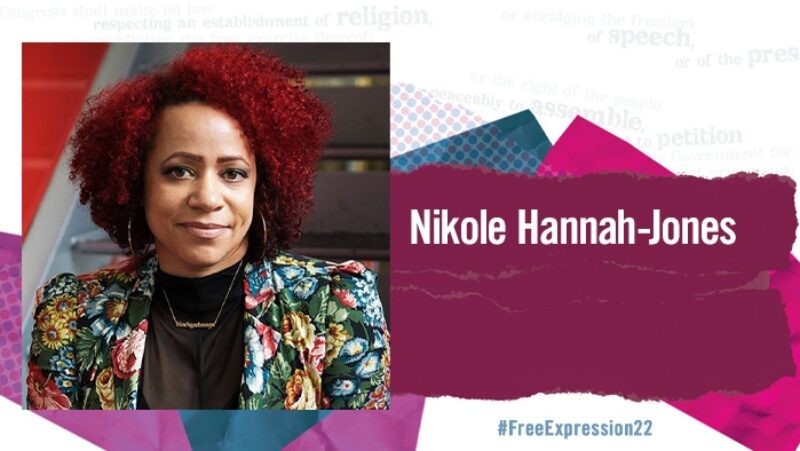Media Fatigue: 4 Ways to Fight Information Exhaustion

Each April Fools’ Day, you might brace yourself for tricks from friends and family and on social media. With all the swirling in our information universe, it can start to feel like April Fools’ Day all year long. The skills you use each April 1 can be used year-round to fight the onslaught of junk media content in our media-saturated world. Enter, media fatigue.
If you are feeling overwhelmed by your daily dose of media, even when it’s not April 1, know you aren’t alone. This is a longstanding challenge of navigating the environment created by a free press. George Washington described this experience to Alexander Hamilton in 1796 as being “buffeted” around in print. Today it has a more modern name: media fatigue, which is psychological exhaustion due to overexposure to media. This can also include more specific types of exhaustion like news fatigue and social media fatigue. The challenge is that when we get this tired, we’re more vulnerable to being duped by false content, both benign and malicious.
It’s easy to think we can get rid of the problem by restricting freedom of the press and putting limits on reporters and news outlets. But remember: That would be calling for your own censorship too. Nowhere in the First Amendment does it say that freedom of the press is only for journalists.
What can we do when we’re caught between restricting our First Amendment rights or falling for false information? Media literacy techniques can help us to navigate the current media environment without harming our five freedoms in the process.
Here are some easy habits you can incorporate to combat media fatigue.
Discover 4 ways to combat media fatigue
Take some time to learn the law
A basic understanding of what is and is not protected by the First Amendment can give us clarity on why we encounter the media we see in our daily lives. The founders believed that a free press, with all its challenges, is instrumental to democracy. Have you been frustrated over something in the media? Avoid the draining frustration and find out how and why the First Amendment protects press freedom.
Skip the middleman
You may have learned from a social media post which movie won the Oscar for best picture or that there will be worse than usual traffic on your way home, but if we trace that information to its roots, we’ll probably find the work of the journalists. In fact, most of the factual news we consume originates from quality journalism before getting repeated on social media. We spend a lot of leisure time these days consuming media, from television shows to comedians on TikTok. Don’t mix information-gathering with your relaxation routines. Go straight to the source and build a news diet of reputable reporting to reduce the flow of content while still getting the information you need. Not sure how to decide which news sources to trust? We have some media literacy resources to get you started.
Read until it repeats. Then stop
It’s easy in a breaking news cycle to get consumed with doom scrolling for more details, but reporting real information takes time. If you’ve built a diet of good news sources, you’ll notice the details will start to repeat themselves after about two to three articles. If you keep diving into a story without giving time for more information to emerge, you’ll be more likely to encounter fake stories taking advantage of the interest. Hitting the brakes on consumption is especially important since there is evidence that fake stories spread faster than real information. With media fatigue, it’s even easier to get tricked by false content.
Take a break and slow down
It’s worth remembering that our right to silence is protected along with our ability to speak. You are more than welcome to add your voice to the conversation online but don’t feel required to. It’s also perfectly OK to step back to focus on what is important to you.
When we are being buffeted about by the social media swirl, it’s easy to forget that we each have agency in how we choose to navigate our media environment. Building good media literacy habits not only helps us more fully appreciate our First Amendment rights but can also make us more effective users without the side effects of media fatigue.
At the end of the day one of the most important things we can do to stop falling for fake media content, on April Fools’ or any day of the year, is to take care of ourselves.
Jessi Hollis McCarthy is the former First Amendment educational content manager for the Freedom Forum.
U.S. Journalist Evan Gershkovich Marks One Year of Imprisonment in Russia
Nikole Hannah-Jones: Reviving Voices Lost to History and Empowering Communities Today
Related Content
2025 Al Neuharth Free Spirit and Journalism Conference
All-Expenses-Paid Trip To Washington, D.C.
June 22-27, 2025
Skill-Building
Network Growing
Head Start On Your Future

